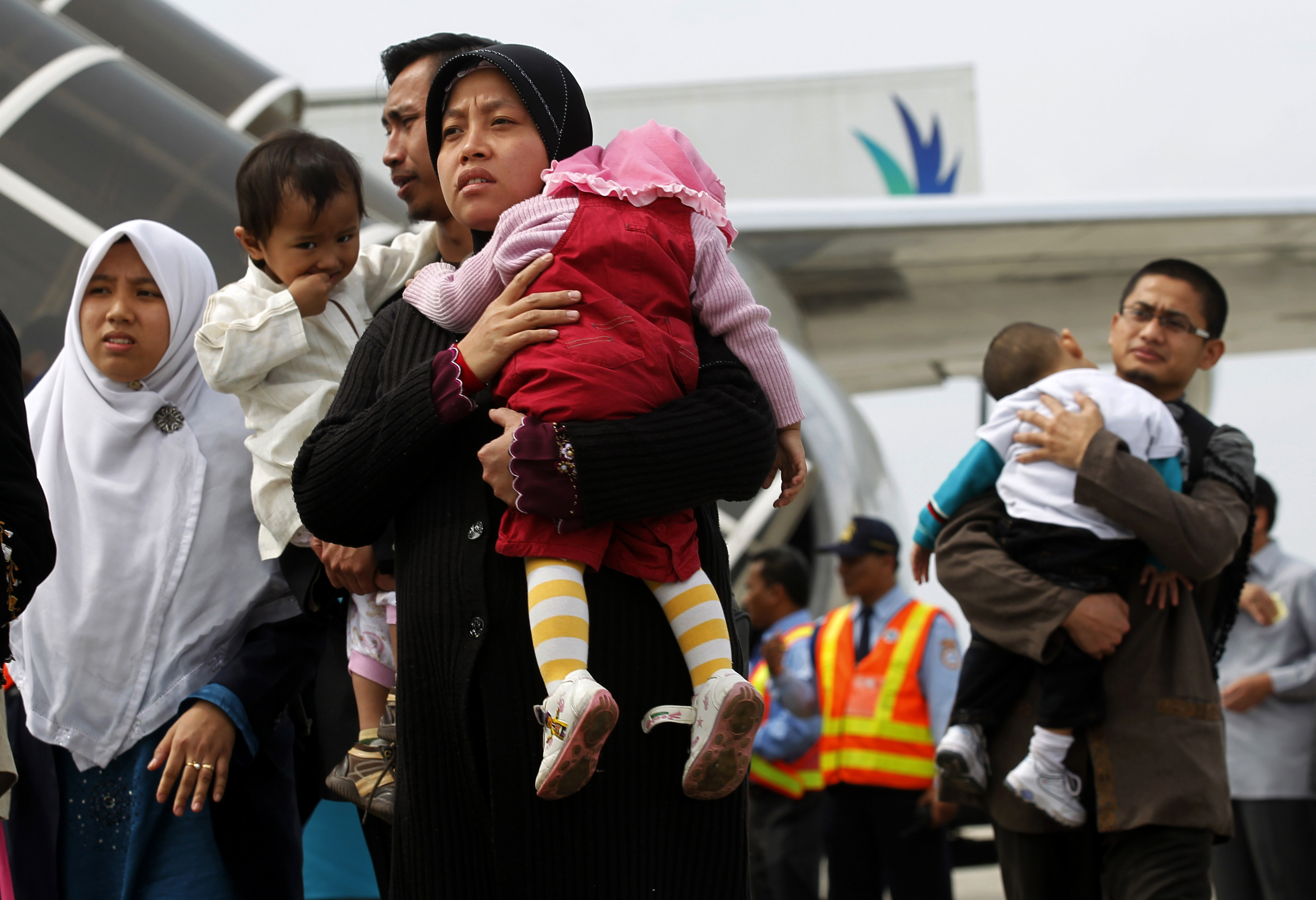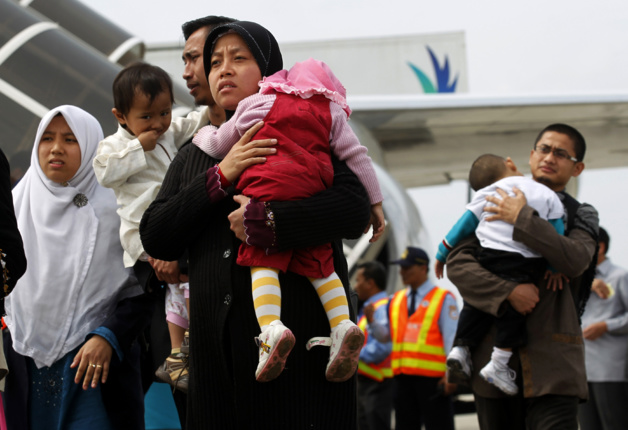The main reason for these workers looking for jobs abroad is because there are not enough employments in their home countries. South East Asia, particularly Indonesia and the Philippines have been known as the countries to send the most of migrant workers to the more developed Asian countries and also to the Middle East. Sending workers abroad is apparently a very lucrative business which is why migrant workers are often the objects of human trafficking, one of the transnational organized crimes that is worth billions of dollars. Both agencies in home and host country are taking a lot of commissions from supplying workers to households or factories.
These commissions are taken out of the workers’ salaries which they must pay every month as installments to the agencies until their debt is paid off. Since the main objective of these agencies is profit, they neglect the importance of providing proper training for the workers prior to sending them abroad.
Many incidents involving physical abuse by the employer are caused by a very simple thing; language barrier. Without proper training, these workers will not only have language barrier but they will not have any knowledge about their task in the employer’s establishment. There are quite a few cases where Indonesian workers were prosecuted for crimes in the host country.
Homicide is the most common charge faced by Indonesian workers. Years of abuse and discrimination by their employer had turned them into raging individuals who took the opportunity to basically freeing themselves from another torture. They knew that the consequence is harsh, they may face life in prison or death penalty, but they did it because they did not see any other way to survive.
Migrant workers have rights like every other human
It is believed that the government should play a major role in giving support and protection toward Indonesian migrant workers in their host countries. Despite the legal framework to protect migrant workers does exist, there is very little to none in the implementation. Discrimination toward migrant workers is not only experienced abroad but also in the country.
Case of Yuni Rahayu is one of the examples of how migrant workers do not receive protection by the government. Yuni was supposed to be sent to Hong Kong, however the agency reported her to the police for embezzlement. The agency accused Yuni to neglect the training and therefore had to cover the expenses incurred by the agency. The government refused to get involved claiming that they had done due diligence and that the case was between the worker and the agency.
A testimony from Ida, a former Indonesian Migrant Worker in Mecca, Saudi Arabia takes us to the second case. “I worked all by myself for 24 hours a day without any break nor holiday. After two months of working, torture and violence started to occur. I was being hit, ironed, doused with hot water, got kicked, verbally and sexually abused. My boss didn’t give me any food, nor a chance to communicate with other people. The reason my boss did it was just simply because I wasn’t good enough to do my job in the kitchen.” Luckily, Ida has made it to go back to Indonesia but it seems like the experience did not give her a trauma as she is still willing to work in another country when she has the chance.
Law of Migrant Care states that migrant workers working abroad should be given non-discriminating protection. The Law guarantees the rights of migrant workers when facing prosecution abroad, that the government will provide legal aid to defend them. Agencies that will send these workers abroad are obligated to provide proper training and obligated to submit regular report to the government about their activity. Protection should be started in the home country, by prosecuting the agencies and illegal agencies that have no licenses, sent the workers abroad without proper training or that conduct human trafficking.





























